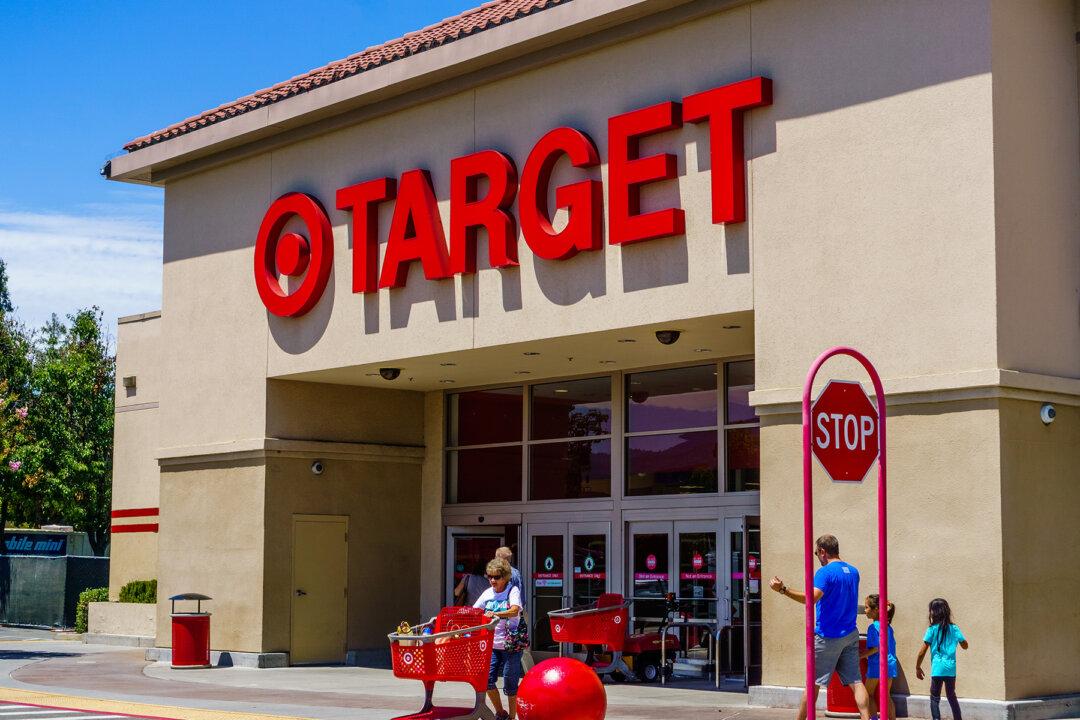Two years after announcing that its minimum wage would increase to $15 per hour, Target has reportedly slashed many of its employees’ hours, according to a report.
Twenty-three current and former Target employees and department managers were interviewed by CNN, and they said hours have been scaled back in the wake of the minimum wage hike. Many of the workers said the reduction in hours has hurt them financially.





